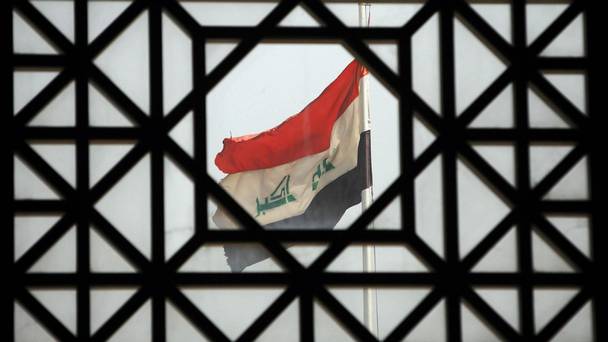-
Tips for becoming a good boxer - November 6, 2020
-
7 expert tips for making your hens night a memorable one - November 6, 2020
-
5 reasons to host your Christmas party on a cruise boat - November 6, 2020
-
What to do when you’re charged with a crime - November 6, 2020
-
Should you get one or multiple dogs? Here’s all you need to know - November 3, 2020
-
A Guide: How to Build Your Very Own Magic Mirror - February 14, 2019
-
Our Top Inspirational Baseball Stars - November 24, 2018
-
Five Tech Tools That Will Help You Turn Your Blog into a Business - November 24, 2018
-
How to Indulge on Vacation without Expanding Your Waist - November 9, 2018
-
5 Strategies for Businesses to Appeal to Today’s Increasingly Mobile-Crazed Customers - November 9, 2018
Colombia pledges to de-escalate war with FARC rebels
The de-escalation agreement puts a halt to months of uncertainty regarding the peace talks, which have been going on since 2012 and are widely considered the country’s best chance in years of ending its longstanding conflict with the Revolutionary Armed Forces of Colombia, or FARC.
Advertisement
Colombian President Juan Manuel Santos is applauding the announcement on Twitter as a significant step.
The Colombian government and the guerrilla movement have been holding peace talks in Havana since late 2012.
The closest the government has been to a cease-fire was when it agreed earlier this year to stop air bombing FARC camps for brief periods of time – after the FARC announced a unilateral ceasefire in December.
The government’s lead negotiator emphasised that de-escalation was not tantamount to a government ceasefire, and that the armed forces would respond based on FARC actions. “Some day, it’s probable that they won’t find us around the table in Havana”, said Humberto De la Calle.
Tellez called for a “prior guarantee” that FARC militants could “join civilian life without risk to their lives”. Last week, Cuba and Norway, which are aiding the peace talks, called on the government and rebels to ease hostilities. All four nations have issued urgent warnings about the need for an end to the conflict. As each side blamed the other for the outbreak of violence, FARC officially ended the truce in May.
The FARC unleashed a wave of bomb attacks on oil pipelines in recent weeks, rupturing them close to rivers and causing an environmental disaster that is expected to take two decades to clean up and has already reached the Pacific coastline.
Around 30 rebels have been killed since the end of that ceasefire, and recent polls show the public has become increasingly wary of the effectiveness of peace talks.
Advertisement
Colombia’s civil strife dates back to 1964 and has drawn in left-wing guerrillas, right-wing paramilitaries and drug gangs, killing more than 220,000 people and uprooting as many as 6 million.





























